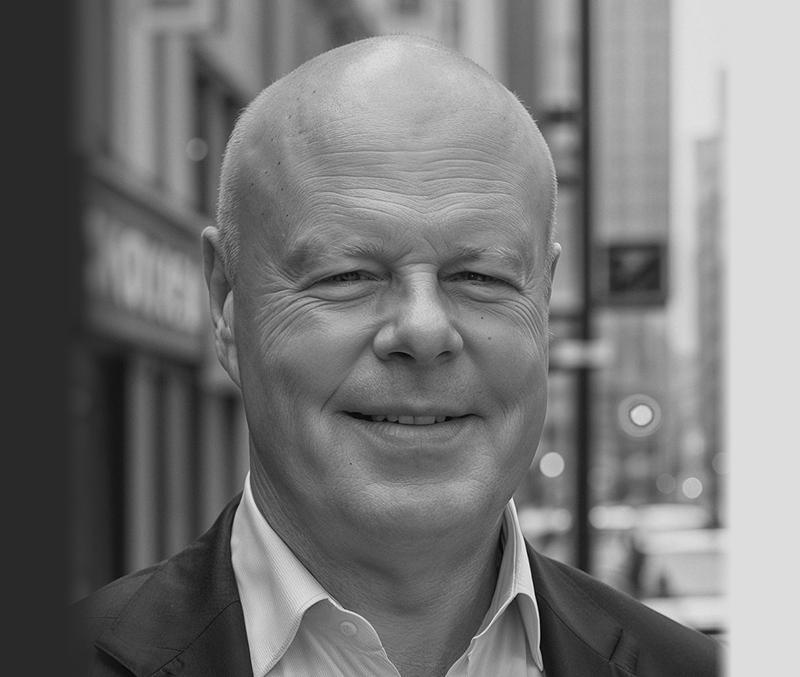We don’t talk enough about men and sleep. Men are struggling, quietly. And the consequences of that silence are far bigger than most people realise.
A 2023 survey by Numan found that 71% of men in the UK struggle to sleep through the night. That’s a surprising statistic because we’re not talking about a handful of bad sleepers here, but a full-blown sleep crisis hiding in plain sight.
Of course, women experience sleep issues too. But the gap that worries me is that men are far less likely to talk about it, seek support, or even acknowledge that something’s wrong.
And when we don’t talk about it, we don’t change it.
Sleep, shame and silence
Sleep shouldn’t be a test of resilience or something you “push through”. Yet many men are taught to treat it that way.
Our Chief Sleep Officer, James Wilson, explains it perfectly:
“My experience of working with men is that they struggle to accept they are sleeping poorly and can reframe it as a sign of success or something they don’t need to worry about. They see changing their sleep as something hard to do, and messages of fear about its impact on their health can often drive them into inaction as they would rather not acknowledge the problem than address it.”
That last part is key for me. Fear doesn’t motivate change. Instead, it often freezes it.
When sleep struggles stay hidden, nothing improves. Talking about it is often the moment someone stops pretending everything is fine, and starts allowing support, solutions and self-compassion in.
Why sleep matters
Poor sleep isn’t just an inconvenience. It chips away at your focus, mood, confidence, resilience and long-term health.
The way I see it, sleepless nights don’t stay “just sleep problems” for long, they spill into everything else.
Which is why the first step isn’t fixing everything overnight. It’s simply being honest about where you are, and getting a clearer, kinder picture of what your nights actually look like.
At Leep, we believe behaviour change begins with understanding. We’re all about clarity rather than blame.
James puts it like this:
“We need to start men at the start. We need to support them in working out who they are as sleepers. And how their lives, their work, their relationships, their families, their pets, their hobbies, their leisure activities – everything they do – impacts the sleep they get.”
Once that picture is clearer, support becomes far more effective:
“When we’ve done that, we can be there with them in understanding the tools and tips that will help them, and if they need it, support them by signposting them to additional support.”
And importantly:
“Leep isn’t just about the tracking – it is giving people the context for how the data the ring delivers can be used to create real change.”
Why tracking helps
Taking that first step can feel vulnerable, especially if you’re used to powering through. But understanding your sleep patterns gives you something solid to work with. It turns “I’m fine” into “here’s what’s really happening – and here’s what I can do next.”
If you want to improve any area of life, you need a way to measure it. But for many people already tracking steps, heart rate or workouts with a smartwatch, sleep has always been a data blind spot. Often the watch needs charging or it’s just uncomfortable to wear at night.
Leep was built to fill that gap. To complement your Apple Watch or smartwatch, not replace it. To provide high-quality sleep and wellness tracking without £350+ subscriptions, buggy software or compromises on hardware.
We focus on filling the sleep data void first, but we also track activity, heart rate, HRV and SpO₂ throughout the day to give you a simple 24/7 picture of how your lifestyle and sleep affect each other.
And we’re only getting started. From circadian rhythm insights to sleep apnea detection, sleep sounds and personalised AI coaching, we’re exploring new features. But we want to build the tools you genuinely want.
Leep gives you simple, science-backed tools to understand your sleep today, and expert guidance to help you shape tomorrow.
Because once you can see what’s really going on, change stops feeling overwhelming. It becomes practical, possible, and genuinely empowering.


